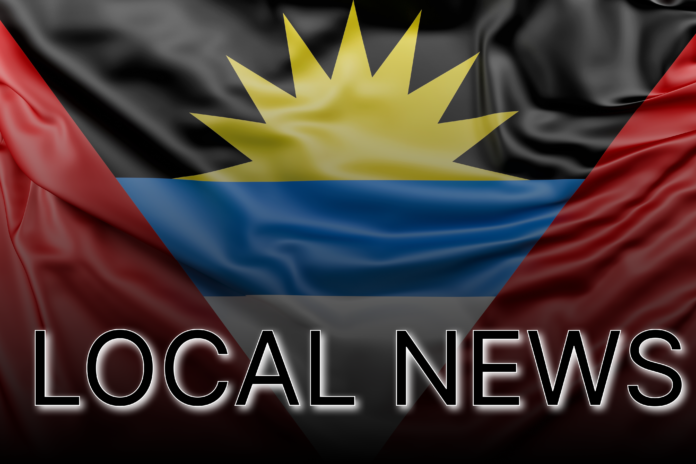By Robert Andre Emmanuel
The House of Representative approved changes to the Money Laundering (Prevention) Act yesterday, seeking to return in compliance with international standards.
Following the European Union listing Antigua and Barbuda as one of the countries designated as a non-compliant tax jurisdiction, the government has been frustrated with what they have deemed as the shifting goalposts in anti-money laundering policies.
Yesterday, Prime Minister Gaston Browne said that the Bill was not a matter of “discretionary” policies by the government, but was mandated by various international agencies to ensure that the country does not continue to fall out of compliance with anti-money laundering rules.
“If we were to even utilise the argument of sovereignty and we decided not to make these changes, evidently, we would be exposing the country to sanctions,” he said.
The legislation calls for non-profit organisations to be included among the organisations which now must follow anti-money laundering and counter-terrorism legislation, including the listing of beneficial owners and directors.
Additionally, the Bill also required the establishment of a supervisory authority and regular risk assessment done on non-profit organisations.
“What the Financial Action Task Force (FATF) and Organisation for Economic Co-operation and Development (OECD) are recommending is that we use a risk-based approach, so it’s not a situation that all non-profit organisations should be treated with suspicion.
“But having understood the business and assessed the risk associated with the non-profit organisation, the Supervisory Authority and its staff could make a determination as to whether or not they are likely to represent a significant risk for money laundering and terrorism financing, and in that case would be required to take the necessary mitigating steps,” the Prime Minster said.
However, the opposition expressed some concerns over the due process and anti-competition implications of the legislation.
“This is something that we have to look at seriously and [with] this type of legislation, we must be able to tailor this legislation to suit us as a country,” Leader of the Opposition Jamale Pringle noted.
St Peter MP Asot Michael argued that offshore islands that are directly controlled by nations like the US and UK do not face the same level of scrutiny and burdensome legislative pressures as other small island states.

